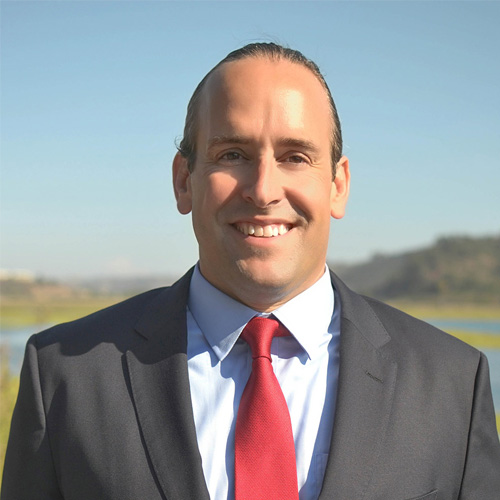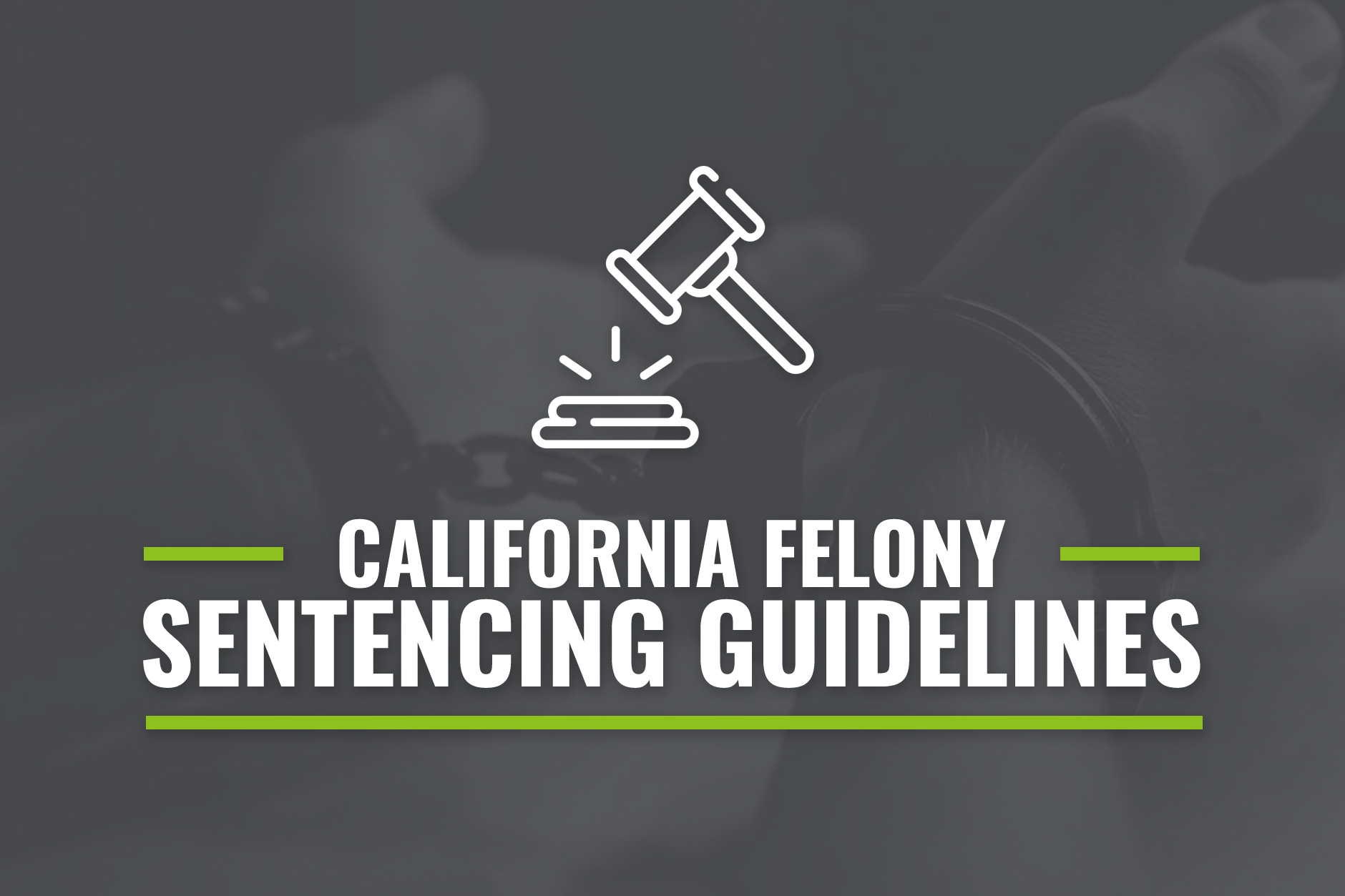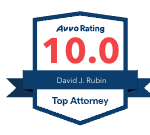Table of Contents
Quick Summary
Understanding California’s felony sentencing guidelines is critical for individuals facing felony charges. Key aspects include the differences between determinate and indeterminate sentencing, the impact of aggravating and mitigating factors, and the role of sentencing hearings. Special considerations such as sentence enhancements, the Realignment Act, and the Three Strikes Law significantly influence sentencing outcomes. Collateral consequences of a felony conviction include loss of civil rights, financial burdens, and social stigma. Alternatives to incarceration, such as diversion programs and community service, focus on rehabilitation and reducing recidivism or reoffending. Experienced legal representation is essential to navigate the legal system effectively and build a strong defense.
The information on this page does not constitute legal advice. Consult an attorney for further guidance before using this information.
Facing felony charges in California can be overwhelming and stressful. If you’re facing felony charges, you may have questions surrounding how the state determines your sentence, what factors could influence the outcome, or what your options are for reducing potential penalties.
California provides clear guidelines on sentencing that you can understand with some basic knowledge. From decoding these guidelines to exploring alternatives to incarceration, this guide offers the information you need to navigate your case confidently. Located in Carlsbad, California – Rubin Law Office is a criminal defense law firm that helps defend individuals who’ve been charged with a felony. Remember, you are not alone in this challenging journey. We can help you understand your rights and begin working on creating a defense strategy.
Get answers to your legal questions. Speak with a San Diego County criminal defense lawyer about your case > (619) 719-1087
What Is A Felony?
In California, a felony is a serious crime punishable by more than one year in prison. Felonies are more severe than misdemeanors, which are typically punishable by less than a year in county jail.
Types of Felonies
Straight felonies are offenses that are always charged as felonies (e.g., murder, kidnapping, and human trafficking). Alternately, matters that can be charged either as a felony or a misdemeanor are referred to as “wobblers”. For instance, vehicular manslaughter could be a wobbler, where the judge decides if the incident should be treated as a felony or a misdemeanor.
Common examples of felony offenses in California include:
- Penal Code 187 – Murder
- Penal Code 192(c) – Gross Vehicular Manslaughter
- Penal Code 207 – Kidnapping
- Penal Code 211 – Robbery
- Penal Code 215 – Carjacking
- Penal Code 245(a)(2) – Assault with a Firearm
- Penal Code 261 – Rape
- Penal Code 287 – Grand Theft
- Penal Code 288 – Lewd Acts with a Minor
- Penal Code 311.1 – Child Pornography
- Penal Code 647.6 – Child Molestation
- Penal Code 664/187 – Attempted Murder
The Felony Sentencing Process
In California, felony sentencing follows two primary models: determinate and indeterminate sentencing. The structure is designed to ensure that punishments are consistent and proportional to the crime committed.
- Indeterminate sentencing: Indeterminate sentencing is used for severe crimes like murder. It involves a range of time, such as “15 years to life,” with the possibility of parole after the minimum term is served.
- Determinate sentencing: Determinate sentencing involves fixed-term sentences, such as two, three, or five years, for most felonies. Under the determinate sentencing model, each felony has three possible terms (low, middle, and high), and the judge selects one based on the crime’s severity and the defendant’s criminal history.
While sentencing guidelines provide a framework, judges also have some discretion based on various factors. Aggravating factors, such as using a weapon during the crime or having prior convictions, can increase the severity of the sentence and result in a longer term.
Conversely, mitigating factors can lessen the severity of the sentence. If the defendant played a minor role in the crime, has no prior criminal history, suffers from mental illness, or acted under duress, these circumstances might lead to a more lenient sentence.
Sentencing Hearings
After a guilty plea or conviction, a sentencing hearing is held. This hearing allows the defense and the prosecution to present evidence and arguments regarding the appropriate sentence. The defense attorney highlights mitigating factors to advocate for a more lenient sentence for their client. Meanwhile, the prosecutor emphasizes aggravating factors to argue for a harsher punishment. The judge then considers these arguments and other relevant factors before determining the final sentence.
Probation Eligibility and Process
Felony probation is an alternative to imprisonment, allowing the convicted individual to serve their sentence under community supervision. Eligibility for probation depends on various factors, including the nature of the crime and the defendant’s criminal history. Typically, serious or violent felonies and repeat offenders are less likely to be granted probation.
If probation is granted, the individual must adhere to certain conditions. These conditions often include regular check-ins with a probation officer, attendance of counseling or rehabilitation programs, community service, and restrictions on travel. Violating these rules can lead to serious penalties, such as losing probation and having to serve the original prison sentence.
Special Considerations in Sentencing
California’s felony sentencing process includes several special considerations that can significantly impact the length and location of a sentence.
Sentence Enhancements
Sentence enhancements are additional penalties that increase the length of a prison sentence based on specific circumstances related to the crime. These enhancements are designed to impose stricter punishments for more serious offenses and play a critical role in the sentencing process.
Some common sentence enhancements in California include:
- Gang Involvement – Crimes committed for the benefit of a gang can lead to significantly longer sentences.
- Hate Crimes – Offenses motivated by bias against race, religion, gender, or other protected characteristics result in harsher penalties.
- Use of a Firearm – Having or using a gun while committing a felony can add several years to the prison sentence.
These enhancements provide for more severe punishments when the offenses charged are perceived to be more severe or egregious.
Realignment Act (AB 109)
In 2011, California introduced the Realignment Act (AB 109) to address overcrowded state prisons. This legislation aimed to reduce the state prison population by shifting certain offenders to county jails and local supervision programs. Under AB 109, non-violent, non-serious, and non-sexual offenders are more likely to serve their sentences in county jails rather than state prisons.
The Realignment Act also introduced new categories for supervised release, such as Post-Release Community Supervision (PRCS) and Mandatory Supervision. By keeping lower-level offenders closer to community resources and support systems, this shift seeks to enhance rehabilitation efforts and reduce reoffending rates.
The Three Strikes Law
California’s Three Strikes Law, enacted in 1994, is crucial to the state’s efforts to maintain public safety. It increases prison sentences for individuals convicted of multiple serious or violent felonies, aiming to deter repeat offenders through severe penalties for those with prior convictions. Here’s how it works:
- Second Strike – If a person with one prior serious or violent felony conviction is convicted of another felony, the sentence for the new felony is doubled.
- Third Strike – If a person with two prior serious or violent felony convictions is convicted of a third felony, they face a mandatory sentence of 25 years to life in prison.
While the Three Strikes Law has been praised for its tough approach to crime, it has also faced criticism for its harsh penalties, particularly for non-violent offenders. Critics argue that the law has contributed to overcrowded prisons and disproportionately affects minority communities.
In response to these concerns, California voters passed Proposition 36 in 2012, reforming the Three Strikes Law. Under the new provisions, life sentences are given only when the new felony conviction is serious or violent. Additionally, certain inmates serving life sentences for non-violent crimes can petition for a reduced sentence.
Collateral Consequences of a Felony Conviction
A felony conviction in California carries serious consequences beyond imprisonment, affecting various aspects of life. These challenges can be tough for the convicted person and their loved ones.
Here are the top five collateral consequences:
- Gun Rights – Individuals convicted of felonies face a lifelong prohibition on owning or possessing firearms.
- Voting Rights – Convicted individuals lose their right to vote while incarcerated or on parole, though rights are restored after parole is completed.
- Employment Eligibility – A felony conviction can severely limit job prospects, as many employers conduct background checks and may hesitate to hire those with a criminal record. Certain professions requiring licenses may also be off-limits.
- Financial Consequences – Beyond fines, a felony conviction can lead to long-term financial instability. Employment challenges and restrictions on public benefits like SSI and Section 8 housing complicate regaining financial stability.
- Social Stigma and Personal Relationships – The stigma of a felony conviction can strain personal relationships and community standing, making reintegration difficult and leading to emotional issues like depression and anxiety.
At Rubin Law Office, we are acutely aware of the impact of these consequences on our clients and their families. We approach each case empathetically, working tirelessly to minimize the long-term effects of a felony conviction and help our clients rebuild their lives.
Felony Expungement in California
Expungement offers a way to mitigate some negative impacts of a felony conviction. The process typically involves petitioning the court to withdraw a guilty plea or verdict, filing for expungement, and attending a court hearing. This usually takes several months.
While expungement does not erase the conviction, it can provide significant benefits:
- Employment Opportunities – Expungement allows individuals to legally state they have not been convicted of a felony on most job applications.
- Social Benefits – It helps reduce the stigma associated with a criminal record, improves social and community standing, and provides confidence to rebuild one’s life.
To qualify for expungement in California, individuals must have completed their probation or sentence without pending criminal charges. Certain felonies, particularly serious crimes, may not be eligible.
Alternatives to Incarceration
California offers several alternatives to incarceration, focusing on rehabilitation and reducing prison overcrowding. Diversion programs allow eligible individuals to avoid traditional prosecution and incarceration by completing specific treatment or rehabilitation programs.
- Drug Diversion Programs – For those charged with drug-related offenses, these programs require participants to complete substance abuse treatment and education programs, often leading to the dismissal of charges.
- Mental Health Treatment – Individuals with mental health issues may be diverted to mental health courts, where they receive treatment and support services instead of jail time. This approach addresses the underlying issues contributing to criminal behavior.
Other common alternatives are community service and fines, which empower individuals to contribute positively to society and foster a sense of community responsibility.
- Community Service – Instead of serving time in jail, individuals may complete community service hours, such as working with non-profit organizations like the American Red Cross or Habitat for Humanity, cleaning public spaces, or assisting in community programs.
- Fines – Courts may impose fines based on the severity of the offense and the individual’s ability to pay, which is assessed through a financial evaluation. Fines serve as a deterrent without incarceration.
Through these alternatives, the legal system aims to rehabilitate individuals, reduce prison overcrowding, and effectively tackle recidivism, instilling confidence in positive change.
Navigate Felony Sentencing With The Help Of A Criminal Defense Lawyer
At Rubin Law Office, we recognize the profound effect a felony conviction can have on you and your loved ones. We serve all of San Diego County and we approach each case with empathy and a commitment to minimizing the long-term consequences. Our firm provides comprehensive support, from navigating sentencing guidelines to exploring options like diversion programs and expungement.
Attorney David Rubin can help you build the best possible defense for your charges. If you or a loved one is facing felony charges, contact us for compassionate and effective legal representation. We offer free initial consultations where you can speak with an attorney to have your questions answered and your case reviewed. You can schedule a free consultation by filling out an online contact form or by calling (619) 719-1087.
The information on this page does not constitute legal advice. Consult an attorney for further guidance before using this information.

Attorney David Rubin
Attorney David Rubin is a criminal defense and personal injury lawyer based out of Carlsbad, CA. Attorney Rubin serves clients throughout San Diego County and has been practicing law for over a decade. When not working, David can be found surfing, attending CrossFit classes, or eating asado.
 (619) 719-1087
(619) 719-1087



